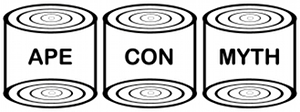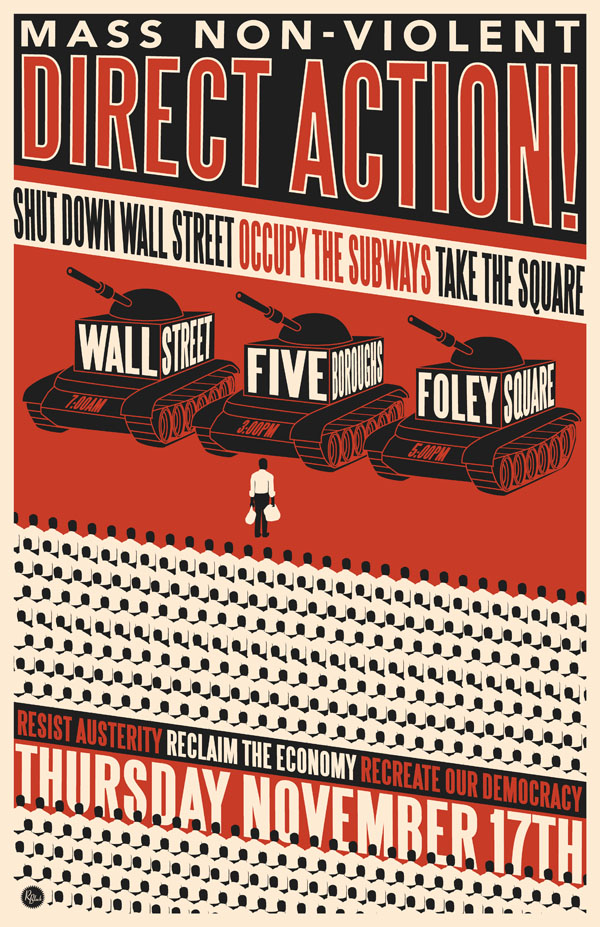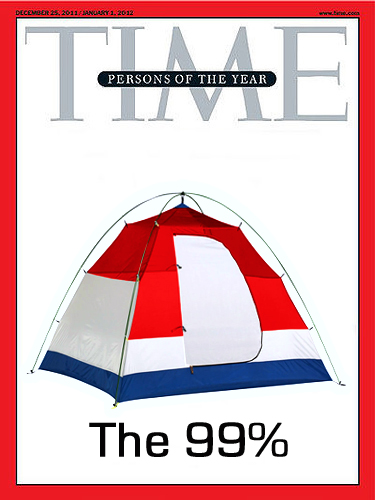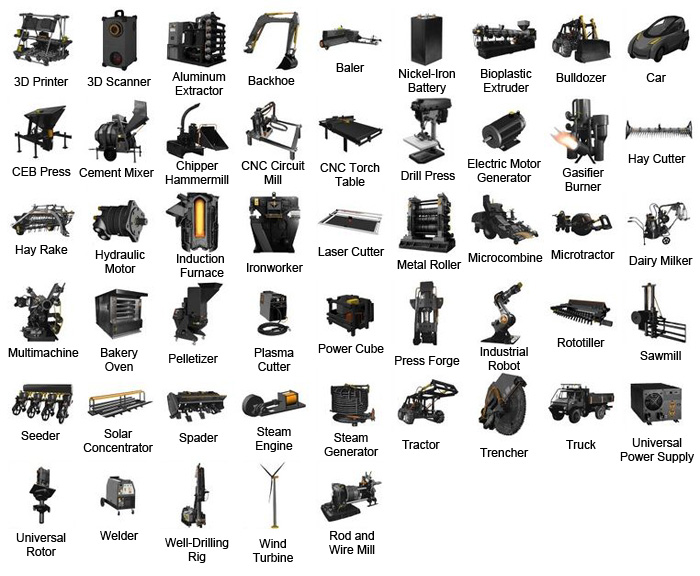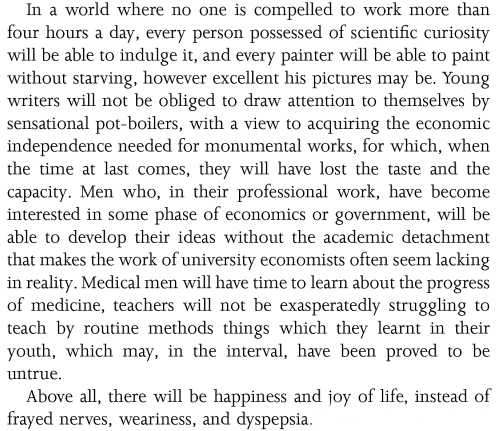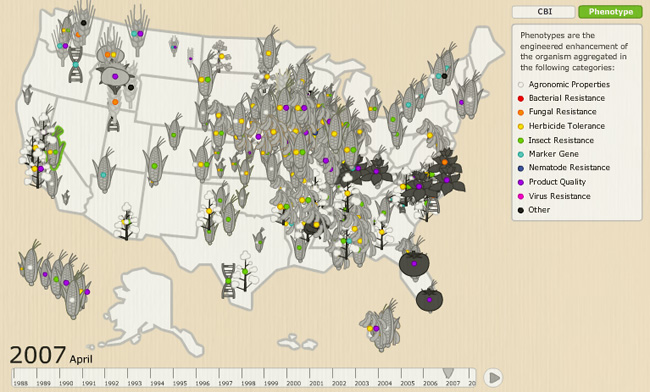You almost have to admire the tenacity of the Copyright Crusaders. They do not let up. If it wasn’t for the vague and obnoxious legislation they produce, they could be role models for us all.
Let’s start with the obnoxious. You know how you break the law every time you sing “Happy Birthday”? That’s about the level S.978, the Commercial Felony Streaming Act, is working on. Consider for a moment what you think the punishment should be for, say, posting a video of yourself singing along to a song on YouTube. Where ridicule from our peers would have once sufficed, now the Senate might raise the penalty to five years in jail, which should sound familiar.
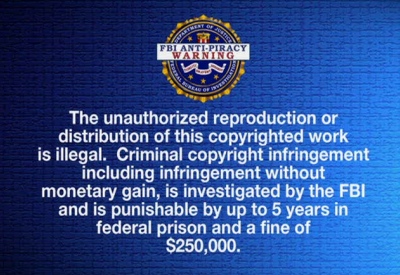 (The Original Overkill)
(The Original Overkill)
It’s important to note that the actual bill stipulates the streaming be for commercial purposes because that’s where the vague side of their equation comes into play. While they always mean to be going after the bad guys, the language of these bills always leaves it open such that it could be applied to any (enormous) number of innocent cases.
In response to S.978, Fight for the Future has taken the most obvious (and seemingly) innocent case in the book. They started the Free Bieber campaign to point out how American’s young singing sensation got his start by streaming his own renditions of popular music on YouTube and therefore would be guilty. And though his lawyers aren’t too happy about the campaign, the Bieber himself has chimed in, suggesting that the sponsor of this bill, Sen. Amy Klobucher (D-MN), be “locked up”. Meanwhile, Demand Progress has a petition for you to sign if you think a five year sentence might be a little too much. While it would be nice to think the federal government has better things to do, their record says they do not.
Sadly that was just the appetizer of this story. Now we get to the real mouthfuls. S.968, the Preventing Real Online Threats to Economic Creativity and Theft of Intellectual Property Act of 2011 (PROTECT-IP) and the crazier House version, H.R. 3261, Stop Online Piracy Act (SOPA), lay out an incredible expansion of power enabling the government and private parties to effectively create a blacklist of websites found to offend the very broad language used to qualify an infraction.
The entertainment unions have endorsed SOPA and offered a window to the problem along the way. From their statement:
“Left unchecked, these rogue websites threaten the vitality of the online marketplace by stealing the work of American innovators and undermining legitimate business.”
If you’ve ever navigated the pathetic selection of movies available legally online, you might question the movie industries’ understanding of the online marketplace. Change a couple of words and you get the other side of the story:
‘Left unchecked, these rogue bills threaten the vitality of the online marketplace by censoring the work of American innovators and undermining legitimate business.’
The Electronic Frontier Foundation has a petition against PROTECT IP going, but after you sign it, we need to start thinking bigger. Last year it was S.3804, Combating Online Infringement and Counterfeits Act, and this year it’s back, repackaged and pushing for more than it was already denied. They’ll keep coming back with this until they get what they want or what they want is taken off the table. Perhaps a constitutional amendment is in order, or maybe a counteroffer. All we need is a representative crazy enough to sponsor a bill for rolling back copyright duration to 15 minutes. That might get them to consider something in the middle.
There are sensible solutions to these problems. All they have to do is accept them and we can all move on.
P.S. Heads-up Europe, they’re coming for you too.
